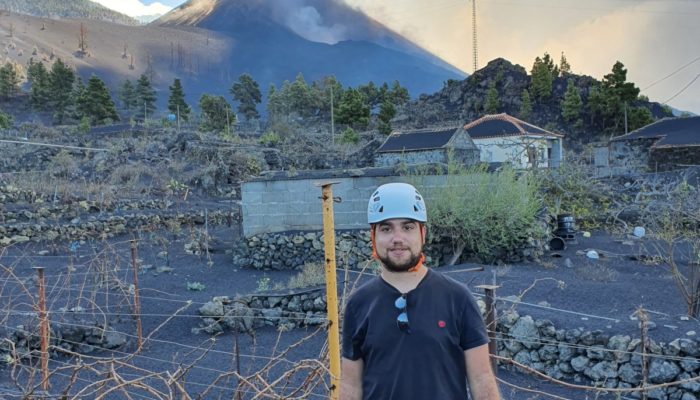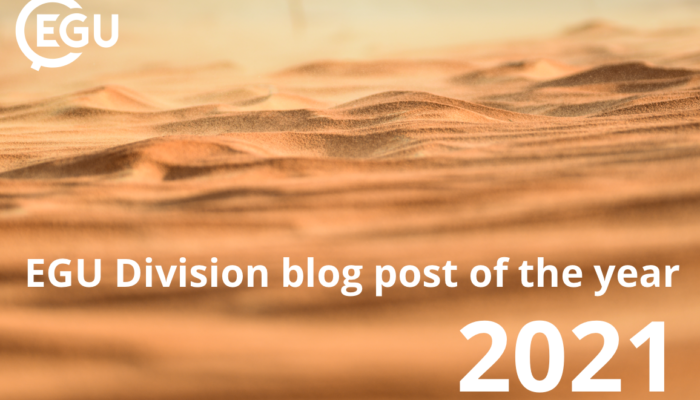Note: Spoilers Ahead! If you haven’t already seen it, go and watch Don’t Look Up – and then come back to this blog to find out what the scientists in the film could have done to better connect and communicate with the policymakers involved! Don’t Look Up gives us a terrifying example of what could happen when policymakers ignore the science. The film tells the story of two astronomers, PhD candida ...[Read More]
Feeling stressed lately? The EGU ECS Working Group ‘Work-Life-Balance’ can help!
The feeling of being ‘a little out of balance’ is probably something we all encounter at some point in our lives. Stress is on the rise, with the constant pressure to ‘do something special and meaningful.’ Coping with this situation can be challenging and there is no magic recipe that fits for all. The good news is we have uncovered a few ingredients you can choose from to ...[Read More]
GeoTalk: Meet Alessandro Musu, magma researcher & science communicator!
Hello Alessandro, thanks for joining us today! Before we delve deeper, could you tell us a little about yourself and your research? Hi, thank you for having me today, I am Alessandro Musu, a PhD student in Petrology and Volcanology at the University of Geneva. I have currently just started my third year. The main goal of my research is understanding the link between deep magmatic processes and eru ...[Read More]
Congratulations to the winners of the EGU Best Blog Posts of 2021
At EGU, we like to believe that a new year is more meaningful when we pause to look back at the year gone by – just a brief glimpse to appreciate all our good work and progress! 2021 was certainly an excellent year for our blogging network at EGU. Across the EGU’s official blog, GeoLog and division blogs we had so many inspiring, thought-provoking and even entertaining posts this year. Thank you t ...[Read More]




